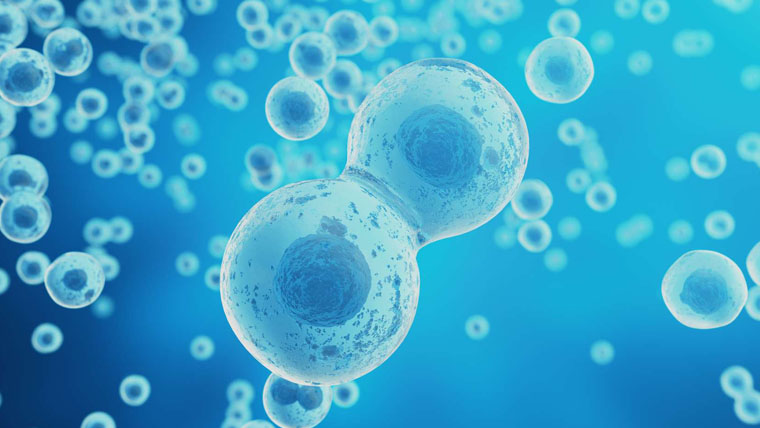Working Group 2
Biological roles of signal transduction

The main objective of WG2 is to connect the molecular interactions in signal transduction and their subcellular localization to the cellular response. The biological importance of molecular interactions in signal transduction can only be understood within the context of the living cell and (patho) physiological state of an organism.
Experts in WG2 will define and characterize signaling pathways for different cell types and physiological systems (e.g. neurobiology, cardiovascular, cancer, and immunity) with respect to receptor type, which cytosolic effectors are involved, and which downstream signaling pathways are affected. WG2 will investigate how the location and timing of macromolecular interactions affects the signaling outcome, using high-resolution and time-resolved cell imaging methods. Experts in WG2 will characterize chemical modulators of signal transduction, identify new protein targets for structure/function analysis, test efficacy of ligands in cell-based assays and animal models, with the goal of bringing these compounds towards clinical trials (translational medicine).
This activity will identify new model biological systems and new therapeutic targets since signaling pathways must be defined in order to understand how disease results from imbalances in signal transduction.
WORK GROUP LEADERS
Survey results